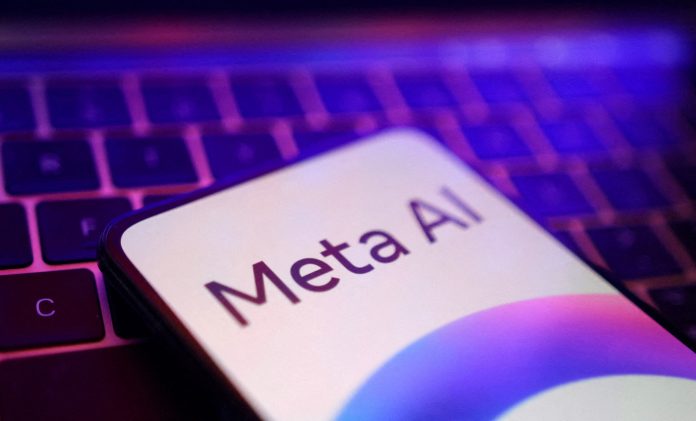Meta has won a key legal battle over copyright and the use of data to train generative artificial intelligence (AI) on Thursday.
US District Judge Vince Chhabria dismissed a class action lawsuit filed by a group of 13 authors, including writers Sarah Silverman and Ta-Nehisi Coates, who accused the company of illegally using their works to train its Llama language model.
The court found that Meta’s actions fell within the scope of the fair use doctrine, a principle of US copyright law that allows limited use of protected material without the copyright holder’s consent if it serves a transformative purpose.
The judge noted that although “in general, copying protected works without permission is illegal,” in this case, the plaintiffs failed to prove that there was harm to the market or a substantial risk of such harm. The ruling stated that the arguments presented by the authors were “unpersuasive” and “inconsistent.”
Chhabria clarified that Meta used the books not in their original form, but for the purpose of transformation and generating new content, which falls under fair use. He emphasised that the company refuted allegations that its practice creates a significant market-like effect.
Meta said it welcomed the court’s decision, noting in an official statement:
“Open AI models are the foundation of innovation and productivity. The legal concept of fair use plays a key role in the development of these technologies.”
Copyright in AI
Despite this, the judge pointed out that questions about the market harm caused by the use of copyrighted texts in AI training remain open. In particular, he criticised Meta’s position that prohibiting the use of protected data without payment would allegedly seriously harm the public interest.
“Meta claims that this will halt the development of generative models. This is absurd,” Chhabria noted.
The judge also clarified that the ruling is not universal:
“This is not a class action lawsuit, and the ruling only applies to the 13 authors who participated in the proceedings. It does not mean that Meta’s use of copyrighted works for AI training is lawful in general.”
The ruling also contains a reminder that one of the claims remains unresolved — namely, the possible illegal distribution of protected texts via torrent networks, for which Meta is also accused.
Against the backdrop of this case, a parallel lawsuit against Anthropic, the developer of the Claude model, is ongoing. This week, another federal court ruled that the use of books for AI training may also fall under the fair use doctrine, but noted that the case should be heard in court because the company may have downloaded millions of pirated copies of the works.
“If Anthropic later acquired copies of the books that had been previously downloaded from the internet, that does not absolve it of liability, although it may affect the amount of compensation,” the judge said in an accompanying ruling.
